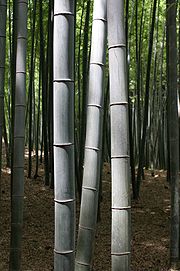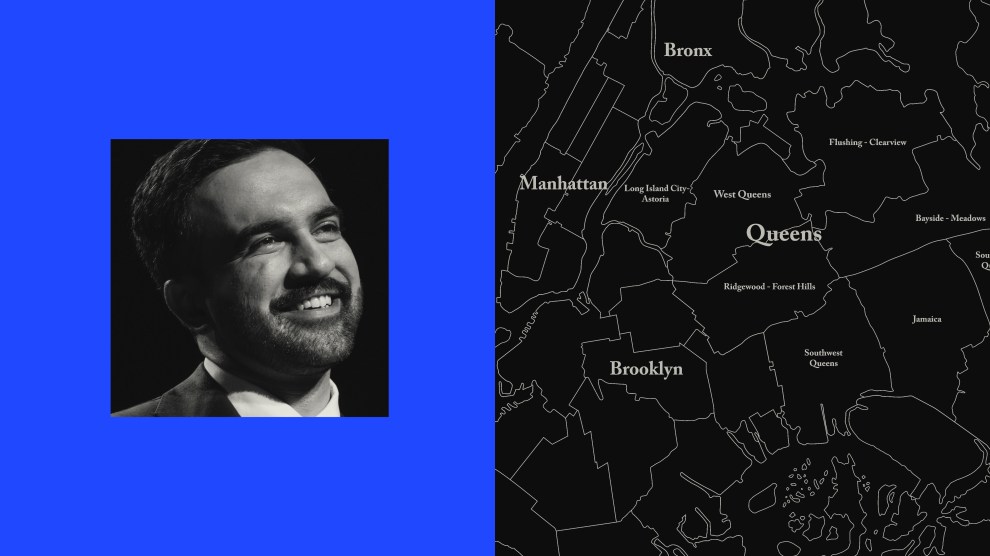
Image courtesy of Wikimedia Commons
When I needed new sheets last year, I didn’t dream big: High thread counts are well outside my price range. So imagine my delight when I found bamboo sheets at my local Target. So soft! So cheap! And so sustainable: Bamboo is kind of an eco wonder crop, since it grows fast, absorbs more CO2 than most trees, and requires few pesticides. It’s also biodegradable and even naturally antimicrobial. I skedaddled out of Target in record time (phew), congratulated myself on this smart buy, and celebrated with a nap.
But last month, I had a rude awakening: I learned that my sheets are probably not as dreamy as Target claimed. Turns out most soft fabrics labeled bamboo are actually rayon, a synthetic fabric that can be made from the cellulose of any plant. In October, the Federal Trade Commission ruled that a company called, pricelessly, Bamboosa was not allowed to pass its bamboo-based rayon products off as “100 percent bamboo”—or claim they had bamboo’s ecobenefits. The reason: Once you turn bamboo into rayon, it loses its biodegradable and antimicrobial properties. Bamboosa has changed its label to “viscose derived from bamboo.” Cozy, huh?
My sheets aren’t as bad as some of the cheapo synthetics out there. Since rayon is derived from plants, it’s less carbon-intensive than fabrics made from petroleum (polyester, nylon, and acrylic, to name a few). But the chemical processes used to manufacture rayon can be awfully gnarly. Truly sustainable fabrics are hard to come by: Organic cotton is popular among ecodesigners, and while its water footprint is smaller than its conventional counterpart’s, it’s still not tiny. In general, determining a fabric’s environmental impact requires a little homework. Organic Clothing blog has a great ecoclothing glossary.
The bottom line: Don’t let fabric manufacturers pull the wool over your eyes: “Made from bamboo” often means rayon derived from bamboo, which isn’t as sustainable as pure bamboo fibers.


















